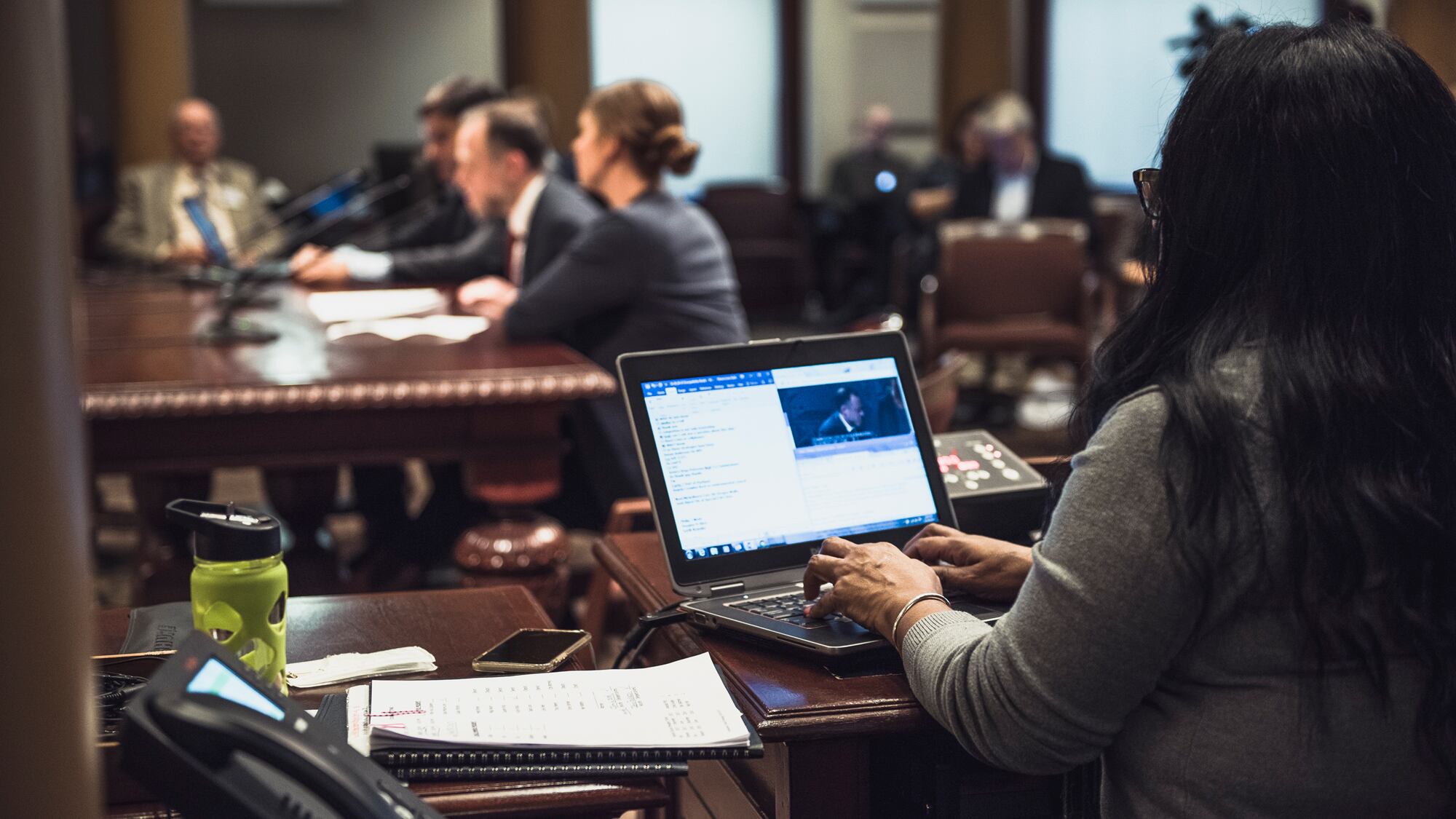Three of the city of Portland’s highest-paid employees notified the Public Employee Retirement System they intend to begin drawing their pensions this month.
Those employees are not going fishing, however—they will continue working the same jobs, at their full salaries, while also drawing their pensions.
Such double-dipping became legal Jan. 1 under the terms of Senate Bill 1049, the 2019 legislation that made modest cuts to public employee retirement benefits. (A PERS spokesman says pension payments for the three have not yet been calculated. But based on recent data, those benefits should be 40 to 50 percent of final salary.)
Prior to passage of SB 1049, most retired public employees could work no more than 1,040 hours a year for a PERS employer. But the state’s unfunded PERS liability of about $25 billion caused policymakers to re-evaluate.
The new thinking, pushed by the Oregon Business Council, is that it’s better to have retirees come back full time. In that case, employers no longer have to pay into PERS to accrue pension benefits for them; instead, that money can be used to help pay down the unfunded liability.
Although Gov. Kate Brown supported the bill and signed it into law, she saw enough red flags to suspend implementation at all state agencies last fall. Liz Craig, a spokeswoman for the Oregon Department of Administrative Services, says the program remains suspended at the state level because of questions it raises about such issues as public perception and equity.
Those same concerns are bubbling up among city employees. Lt. Alan Ferschweiler, president of the Portland Firefighters Association, says he objects that the lucrative double-dipping opportunity, available at employers’ discretion, is not being offered to firefighters.
“I don’t understand why they would offer it to top wage earners in the city but they’re not willing to offer it up to everybody,” Ferschweiler says. “That’s not fair.”
Jen Clodius, spokeswoman for the city’s Office of Management and Finance, says firefighters are not eligible because they have their own retirement system.
Here’s who will retire—but keep working, for more pay.
Employee: Mike Stuhr
Job: Water Bureau director
Salary: $222,000
Employee: Michael Jordan
Job: Bureau of Environmental Services director
Salary: $225,000
Employee: Tracy Reeve
Job: City Attorney
Salary: $225,000
Stuhr, Jordan and Reeve say they only retired because SB 1049 also capped the salary on which pensions are calculated to $195,000, which would have cost them money.
“I would not have elected to ‘retire’ at this time (as I intend to continue working),” Reeve says in an email, “but for the passage of the PERS reform legislation.”

